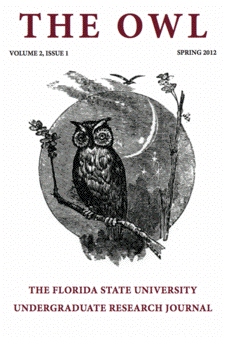Clarifying the Association between Obsessive Compulsive Disorder and Suicidal Behavior
Keywords:
psychology, sociology, obsessive compulsive disorderAbstract
Despite the high prevalence of suicide attempts amongst individuals with obsessive-compulsive disorder, the relationship between OCD and suicidality is under researched and studies have reported contradictory results. In the present project, we examine the connection between OCD symptoms and
suicidal behavior through the lens of the Interpersonal Theory of Suicide. In particular, we examine the role of painful and provocative experiences specific to OCD – specifically, painful compulsive behaviors – that may enhance the acquired capability for suicide. We predicted that OCD symptoms
that elicit physical pain would be associated with suicidality and acquired capability. Additionally, we predicted that depressive symptoms would be a partial mediator between OCD and suicidal behavior. Our findings suggest that there is a significant, positive association between many OCD
symptoms and suicidality. We did not find evidence for the role of compulsivity as a factor increasing the acquired capability or suicidal symptoms, when controlling for OCD and depressive symptoms. In line with our hypothesis, depressive symptoms partially mediated the relationship between OCD
symptoms and suicidality.
Downloads
Published
Issue
Section
License
All works published in The Owl are published under a Creative Commons Attribution, Non-Commercial, Share-Alike (CC-BY-NC-SA) license. The author retains copyright.

